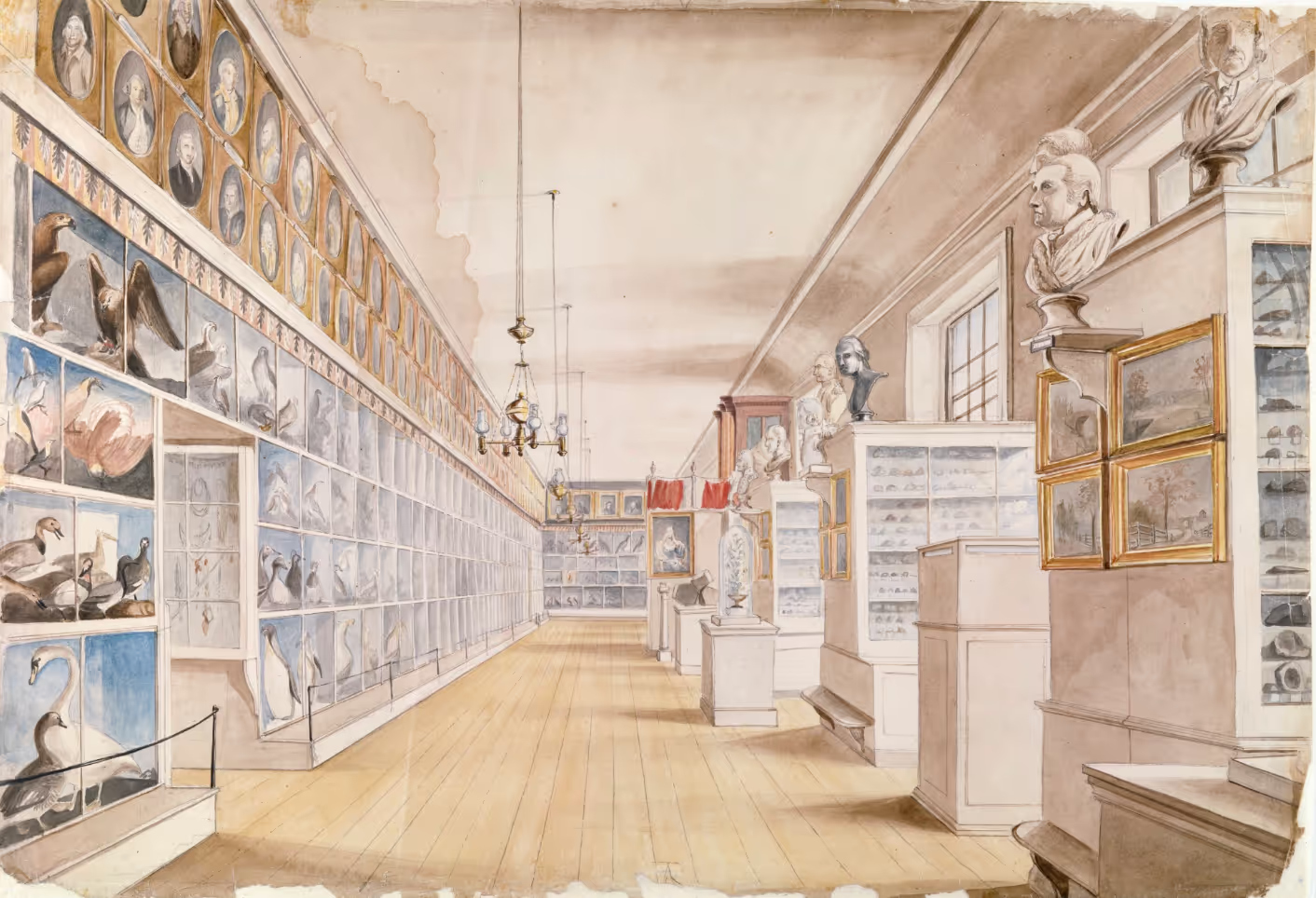Category: History
Events:
Articles:

September 12, 2024
Fiction and the Fourth Sexual Revolution
Literature and other forms of fiction are integral when human communities scrutinize their mating regime and negotiate new practices, such as with the West’s three sexual revolutions of 1200, 1750, and 1968.

May 23, 2023
Pragmatism as the Third Way of Entrepreneurship: A Conversation with Trygve Throntveit
Positive systemic change must be the target of selection. Alternative social practices must be oriented toward the target of selection.

February 7, 2023
Witch-Hunting: A Lethal Cultural “Virus”?
New research suggests there may have been Darwinian mechanisms behind the evolution of witch-hunting phenomena.

March 11, 2021
Greek Democracy as a Major Evolutionary Transition: A Conversation with Josiah Ober
By understanding classical Greece as a Major Evolutionary Transition is that it can place the very concept of democracy on a stronger theoretical foundation.

November 19, 2018
It Is Unethical To Teach Evolution Without Confronting Racism And Sexism
Evolution educators—even if sticking to E. coli, fruit flies, or sticklebacks—must confront the ways that evolutionary science has promoted or inspired so many racist, sexist, and otherwise harmful beliefs.

December 22, 2017
Scientific Historians Find Common Pathway in Complex Social Formations Shared by Every Region around the Globe
Understanding how we got to our modern world is the critical first step in showing us where we are heading; a new article published in the Proceedings of the National Academy of Sciences offers new answers to these critical questions, taking a systematic, scientific look at how complex societies from around the world have developed over the last 10,000 years.

April 27, 2017
This View of History Webinar: A Conversation With Peter Turchin
Peter Turchin discusses his new book "Ultrasociety: How 10,000 Years of War Made Humans the Greatest Cooperators on Earth". Ultrasociety chronicles 10,000 years of human history from an evolutionary perspective, shows how warfare paradoxically caused us to become the greatest cooperators on earth, and begins to point the way toward a future without war.

January 10, 2017
Cultural Anthropology and Cultural Evolution: Tear Down This Wall! A Conversation with Robert Paul
Robert Paul is one of a very few cultural anthropologists who is contributing his extensive ethnographic knowledge to the modern study of cultural evolution.

July 5, 2015
Truth and Reconciliation for Social Darwinism
The term "Social Darwinism" is associated primarily with the moral justification of inequality, resulting in policies such as withholding welfare for the poor, colonialism, eugenics, and genocide. We would like to confront this legacy directly.
our newsletter


















